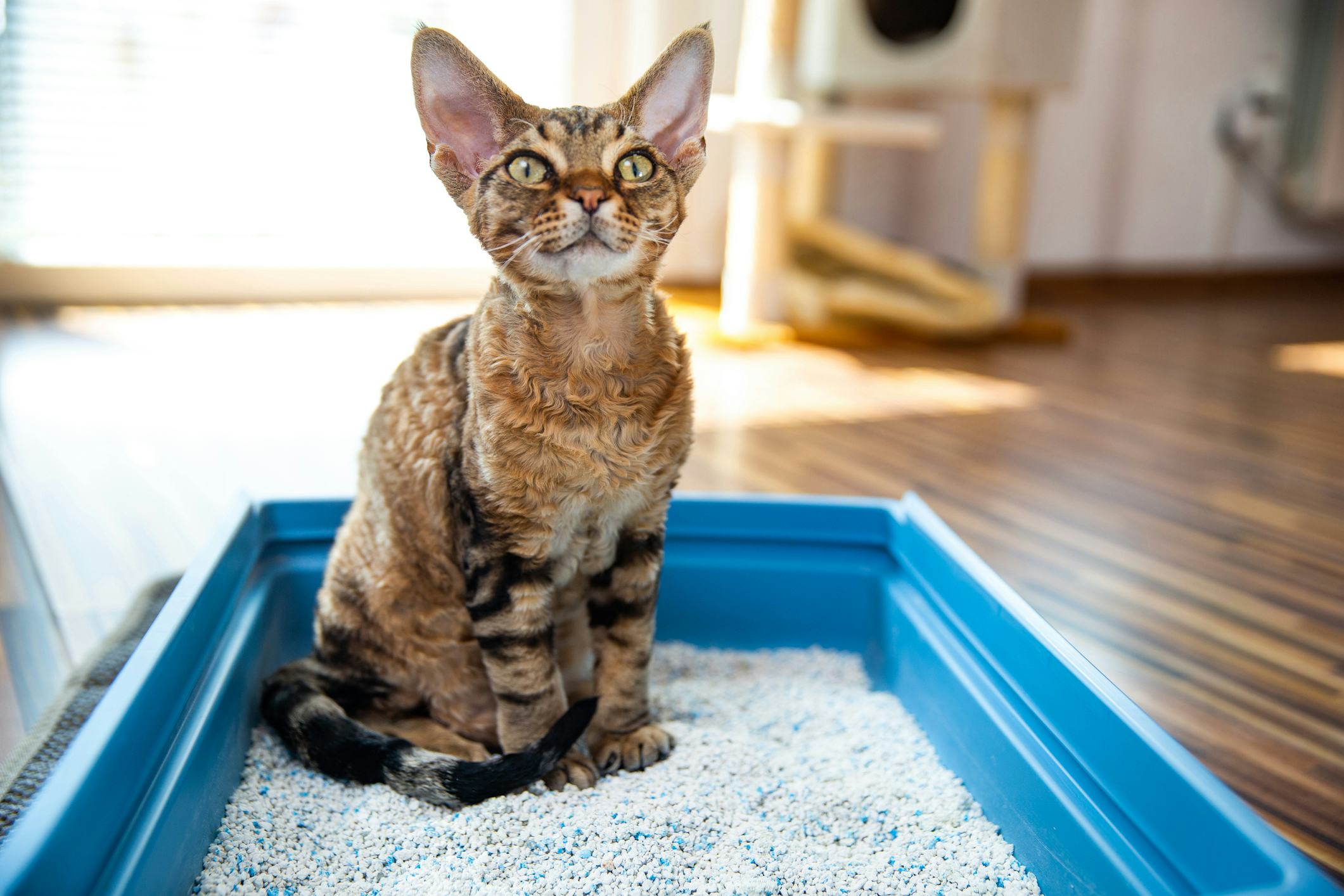Prevent Plumbing Problems: Never Flush Cat Poop Down Your Toilet - Expert Advice
Prevent Plumbing Problems: Never Flush Cat Poop Down Your Toilet - Expert Advice
Blog Article
Nearly everybody may have their own idea with regards to Don’t flush cat feces down the toilet.

Introduction
As cat proprietors, it's vital to bear in mind how we dispose of our feline close friends' waste. While it might seem hassle-free to flush feline poop down the bathroom, this technique can have detrimental effects for both the environment and human health.
Alternatives to Flushing
Fortunately, there are safer and more accountable ways to deal with cat poop. Take into consideration the following choices:
1. Scoop and Dispose in Trash
The most usual method of taking care of cat poop is to scoop it right into a naturally degradable bag and throw it in the garbage. Make certain to make use of a dedicated clutter scoop and take care of the waste quickly.
2. Usage Biodegradable Litter
Go with biodegradable feline trash made from products such as corn or wheat. These clutters are eco-friendly and can be safely taken care of in the trash.
3. Bury in the Yard
If you have a lawn, think about hiding feline waste in an assigned area far from vegetable gardens and water resources. Make sure to dig deep enough to prevent contamination of groundwater.
4. Mount a Pet Waste Disposal System
Purchase a pet garbage disposal system especially created for pet cat waste. These systems use enzymes to break down the waste, minimizing smell and ecological impact.
Health and wellness Risks
In addition to environmental concerns, flushing feline waste can also position health and wellness risks to humans. Feline feces may contain Toxoplasma gondii, a bloodsucker that can cause toxoplasmosis-- a possibly severe health problem, particularly for expectant women and individuals with damaged body immune systems.
Environmental Impact
Purging feline poop introduces harmful pathogens and bloodsuckers into the water supply, positioning a substantial danger to water ecological communities. These contaminants can adversely impact aquatic life and concession water quality.
Conclusion
Accountable animal possession prolongs past supplying food and sanctuary-- it also entails proper waste management. By avoiding purging cat poop down the toilet and selecting alternate disposal approaches, we can reduce our environmental impact and protect human wellness.
Why You Should Never Flush Cat Poop Down the Toilet
A rose by any other name might smell as sweet, but not all poop is created equal. Toilets, and our sewage systems, are designed for human excrement, not animal waste. It might seem like it couldn’t hurt to toss cat feces into the loo, but it’s not a good idea to flush cat poop in the toilet.
First and foremost, assuming your cat uses a litter box, any waste is going to have litter on it. And even the smallest amount of litter can wreak havoc on plumbing.
Over time, small amounts build up, filling up your septic system. Most litter sold today is clumping; it is made from a type of clay that hardens when it gets wet. Ever tried to scrape old clumps from the bottom of a litter box? You know just how cement-hard it can get!
Now imagine just a small clump of that stuck in your pipes. A simple de-clogger like Drano isn’t going to cut it. And that means it’s going to cost you big time to fix it.
Parasitic Contamination
Believe it or not, your healthy kitty may be harboring a nasty parasite. Only cats excrete Toxoplasma in their feces. Yet it rarely causes serious health issues in the cats that are infected. Most people will be fine too if infected. Only pregnant women and people with compromised immune systems are at risk. (If you’ve ever heard how women who are expecting are excused from litter cleaning duty, Toxoplasma is why.)
But other animals may have a problem if infected with the parasite. And human water treatment systems aren’t designed to handle it. As a result, the systems don’t remove the parasite before discharging wastewater into local waterways. Fish, shellfish, and other marine life — otters in particular — are susceptible to toxoplasma. If exposed, most will end up with brain damage and many will die.
Depending on the species of fish, they may end up on someone’s fish hook and, ultimately on someone’s dinner plate. If that someone has a chronic illness, they’re at risk.
Skip the Toilet Training
We know there are folks out there who like to toilet train their cats. And we give them props, it takes a lot of work. But thanks to the toxoplasma, it’s not a good idea.

We had been guided to that write-up on Don’t flush cat feces down the toilet through an acquaintance on a different blog. Appreciated our write-up? Please share it. Help someone else locate it. Kudos for your time. Visit us again soon.
Visit Website Report this page